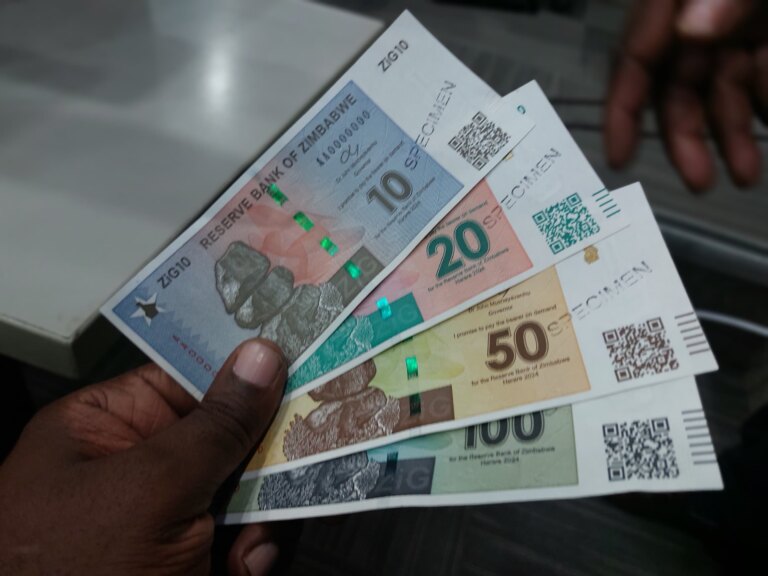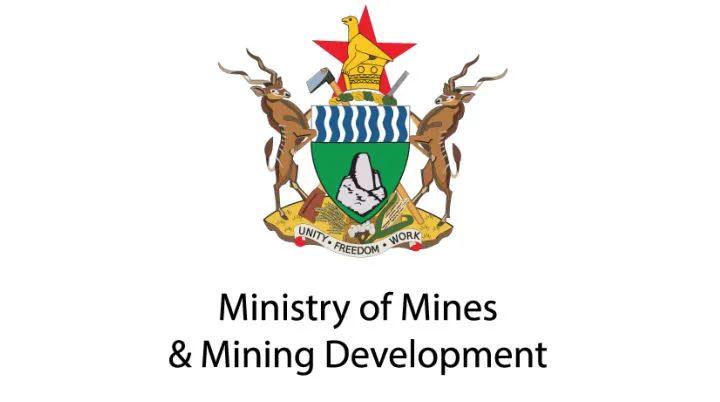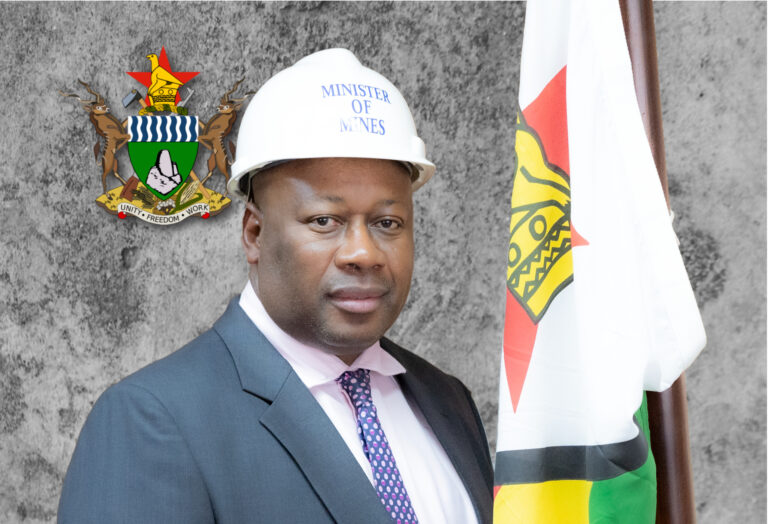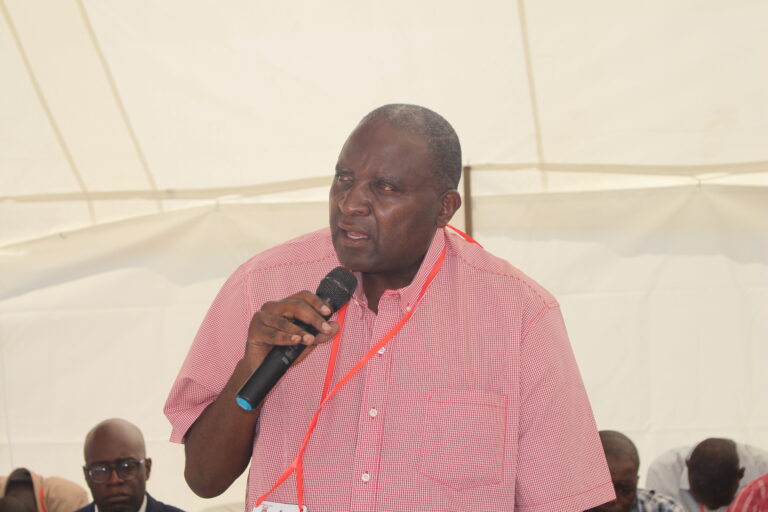Zimbabwe’s mining sector stands at a fiscal crossroads, with the recent and proposed increases in mineral royalty rates, designed to capture greater state revenue during commodity booms, triggering profound concern across the industry, Mining Zimbabwe can report.
By Rudairo Mapuranga
This analysis examines the growing consensus from miners’ federations, industry chambers, and international benchmarks that suggests Zimbabwe’s current trajectory may be counterproductive. By positioning itself as a high-royalty jurisdiction, with a top gold royalty rate of 10% and similarly elevated rates for other minerals, the nation risks eroding its competitiveness, encouraging capital flight and illicit trade, and ultimately stifling the long-term growth of the very sector it seeks to benefit from. Compounding this is a foreign currency retention policy that, due to a significant and persistent disparity between the official and black-market exchange rates, acts as a substantial implicit tax, further squeezing miner profitability and adding a critical layer of fiscal complexity.
Beyond explicit royalty hikes, miners face a significant fiscal burden embedded in Zimbabwe’s foreign currency regulations. Contrary to some perceptions, the current policy allows miners to retain a substantial 70% of their export earnings as foreign currency (typically USD). The remaining 30% is converted into the local currency, the Zimbabwe Gold (ZiG), at the official exchange rate.
The critical, profit-eroding issue lies in the persistent and wide gap between the official bank rate and the prevailing black-market rate. As of current market conditions, the official rate is around ZiG 25 to one US dollar, while the parallel market trades at approximately ZiG 32 to the dollar.
Economic Mechanism of the Implicit Tax:
This disparity creates a tangible cost for miners, particularly when funding local operations. While they retain valuable USD for critical imported goods like specialized equipment and parts, a portion of their revenue is converted at an uncompetitive rate. The real burden manifests when miners need to cover local expenses—salaries, local supplier payments, power bills, and domestic services. These local costs are often effectively priced at or influenced by the black-market rate. Therefore, the 30% of revenue converted at the lower official rate loses significant purchasing power for domestic needs.
$700,000 (70%) is retained as valuable USD for imports and certain obligations.
$300,000 (30%) is converted at the official rate of ZiG 25:1, yielding ZiG 7.5 million.
However, if the local economy operates on a benchmark closer to the black-market rate of ZiG 32:1, the purchasing power of that ZiG 7.5 million is equivalent to only $234,375 (7.5 million / 32), not the $300,000 it nominally represents.
This creates an implicit loss of $65,625 on that converted portion, functioning as a hidden cost on exports.
This policy mechanism functions as a substantial implicit operational tax. It erodes the local currency value of a significant portion of revenue, complicates financial planning, and reduces the effective funds available for local wages and procurement. It creates a powerful structural disadvantage for formal miners, as those who might sell foreign currency illegally on the parallel market could avoid this loss, thereby undermining the formal financial system the policy aims to support.
The most immediate and vocal concern stems from the gold sector, following proposals in the 2026 National Budget to implement a sliding-scale royalty that peaks at 10% when the gold price exceeds $2,501 per ounce. With gold prices persistently well above this threshold, this top tier is a present-day reality for producers.
In a formal appeal to the government, the Zimbabwe Chamber of Mines has articulated the industry’s position with clarity. The Chamber warns that moving Zimbabwe’s gold royalty to a 10% maximum places it at a significant disadvantage within the region and the continent. Their research indicates that a disproportionate increase above regional averages directly fuels “side marketing” and smuggling, as miners seek better returns in neighbouring countries with more favourable fiscal terms.
The Chamber’s appeal stresses that the majority of Zimbabwe’s gold producers are small to medium-scale operations, highly sensitive to cost increases. The proposed structure threatens the viability of ongoing expansion projects and could lead to a reduction in formal deliveries to the state gold buyer, Fidelity Gold Refinery (FGR). Instead, the Chamber advocates for a maximum royalty cap of 6%, aligning more closely with international averages to ensure stability and maximise the sector’s total contribution.
The industry’s plea for competitiveness is grounded in hard data. A global overview of mining taxation reveals that most investment-friendly jurisdictions carefully balance revenue generation with attractiveness.
Australia, a mining giant, maintains gold royalty rates between 2.5% and 7.5% across its states.
Canada sees rates vary provincially from 1% to 5%.
In South Africa, a regional benchmark, gold royalties operate on a sliding scale from 0.5% to a maximum of 5%, calculated based on profitability.
Other key African gold producers like Ghana and Tanzania cap their rates at 5% and 4%, respectively.
Zimbabwe’s proposed 10% rate places it in a starkly different category, alongside Mali, which also enforces a 10% royalty. Uganda has taken the opposite approach; President Yoweri Museveni recently ordered the removal of gold royalties entirely to combat smuggling, a warning that directly mirrors the concerns raised by Zimbabwean industry bodies.
Beyond Gold: A Broader Pattern of Risk for Key Minerals
The debate over gold royalties and forex policy is symptomatic of a broader fiscal environment that investors view as challenging for other critical minerals.
Platinum Group Metals (PGMs) and Lithium
The PGM sector, centred on the vast resource of the Great Dyke, requires colossal, long-term investments. Projects like the $380 million Karo Platinum mine underscore the capital intensity involved. For such ventures, fiscal policy stability and predictable forex access are fundamental. The gold royalty precedent and exchange rate complexities create uncertainty for PGM investors, who fear similar “revenue mechanism” adjustments could be applied to their sector, deterring investment or inflating the cost of capital.
Lithium is at the heart of the global green energy transition, and Zimbabwe holds some of Africa’s largest reserves. In a hyper-competitive global race for critical minerals investment, nations like Canada are introducing resource tax incentives. If Zimbabwe’s general royalty framework is perceived as disproportionately high, and its forex policies as a hidden cost, it risks losing ground in this strategic arena. The implicit tax from currency conversion directly reduces the post-tax return on investment.
Diamonds: A Legacy of High Costs
The diamond sector already operates under a high royalty burden. Zimbabwe’s 10% diamond royalty stands well above rates in major producer countries like Botswana (3%) and applies to a production base that yields a far lower average value per carat. This structure has long been cited as a constraint on the sector’s growth and its ability to attract the investment needed for deeper, more gem-rich kimberlite exploration.
The Economic Consequences: Undermining the Very Goals of Growth
The collective warnings from industry groups point to several potential macroeconomic consequences that could undermine the government’s revenue and development goals.
Capital Flight and Deterred Investment: Mining is a capital-intensive industry with global investment options. An uncompetitive and unpredictable fiscal regime, combining high royalties with costly forex distortions, leads to stalled exploration and mine development.
Growth of Illicit Financial Flows and Smuggling: This is the most consistently cited direct risk. High explicit and implicit costs incentivise smuggling. When the incentive to sell through formal channels evaporates due to a combination of high royalties and unfavourable forex conversion, the government loses on all fronts.
Erosion of the Formal Tax Base: A shrinking formal sector means a shrinking base for not just royalties, but also corporate income tax, PAYE, and VAT. The government may ironically collect less total revenue from the sector due to a shrinking formal base.
Weakened Contribution to National Development: Constraining the sector’s growth through a high-cost fiscal environment limits the broader prosperity dividend of jobs, supplier networks, and community investments.
Zimbabwe faces a legitimate need to derive fair value from its non-renewable mineral resources. However, evidence suggests that maximising long-term revenue requires a focus on growing the overall size and value of the formal mining sector.
A sustainable path forward would involve a holistic review of the mining fiscal framework, engaging in genuine social dialogue with industry stakeholders to design a system that is:
Competitive and Transparent: Aligning royalty rates with regional and global peers and moving towards a single, market-reflective exchange rate to eliminate hidden forex taxes.
Stable and Predictable: Providing the long-term certainty required for large-scale project financing.
Incentivising Formalisation: Creating a clear and compelling economic advantage for selling minerals through official, traceable channels.
Progressively Structured: Implementing sensible, transparent sliding scales for royalties that share windfall profits without making operations unviable.
The combined burden of high royalties and the implicit tax of forex conversion creates a pincer movement on profitability. For a nation whose economic aspirations are deeply tied to its mineral wealth, this is not just a tax policy debate; it is a strategic decision of paramount importance.
.png)









